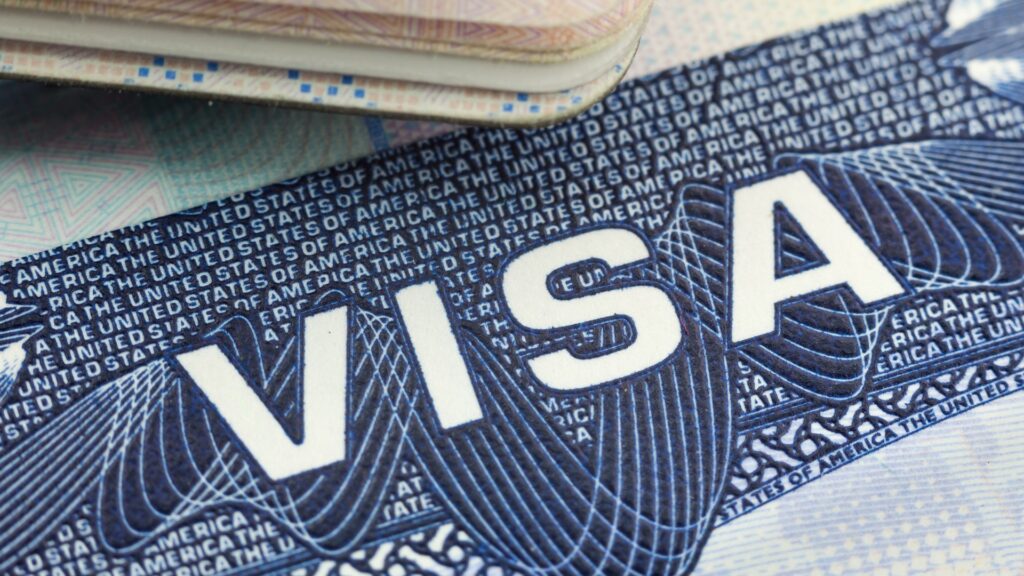Individuals should ensure they maintain valid nonimmigrant status after entering the United States. The following issues can arise in connection with maintaining valid immigration status:
Traveling Pitfalls
Presenting the wrong approval notice or visa stamp upon entry: Upon arrival in the U.S., individuals should present the approval notice or visa stamp that relates to their purpose in entering the U.S.
Customs and Border Protection (CBP) makes an error on the I-94 record upon entry: Individuals should always check the I-94 record as soon as it is issued to ensure the visa status and expiration dates are correct.
Overstay vs. duration of status
In most cases, the I-94 record dictates how long individuals and dependent family members can remain in the U.S. Generally, if an individual overstays this date, a violation of their status occurs.
If a petition/application to extend an individual’s status is filed prior to the I-94 record expiration date, individuals maintain valid nonimmigrant status while the extension request remains pending.
Individuals presenting an F-1 or J-1 visa where their I-94 record states D/S “duration of status” may remain in the U.S. as long as they satisfy the terms of the visa classification.
If an individual overstays the expiration of their I-94 record, their visa stamp becomes invalid. The individual will be required to depart the U.S. and apply for and obtain a new visa at the U.S. Consulate in their home country in order to re-enter the U.S.
Working without permission
Employment-based visas are typically considered job and/or location-specific. This generally means that individuals working pursuant to such visas may not use their visas to work for other employers.
U.S. immigration law defines work as “performing services.” Even performing services without pay may be considered employment for which an employment-based visa may be required.
Individuals maintaining H-1B status may be “portable.” Pursuant to U.S. immigration law, such individuals may change employers as long as the new position meets H-1B classification requirements and the new employer files an H-1B petition before the intended start date of employment.
H-1B workers should avoid leaving current H-1B employment and beginning new employment until the new employer files a new petition with USCIS.
Job displacement or layoff
In most cases, valid nonimmigrant status ends the day an individual stops performing services for the sponsoring employer.
There is no grace period. When employment ends, the foreign national must leave the U.S. or file an application to change status (i.e., to a visitor’s status) if eligible.

